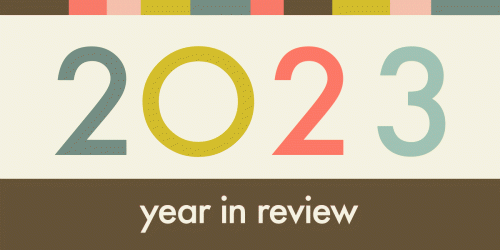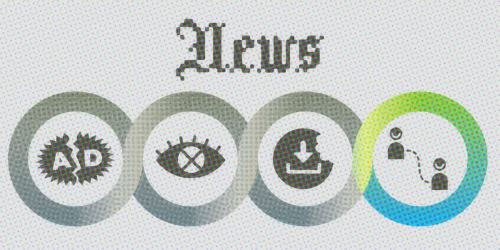Like many cities around the country, San Francisco is considering an investment in community broadband infrastructure: high-speed fiber that would make Internet access cheaper and better for city residents. Community broadband can help alleviate a number of issues with Internet access that we see all over America today. Many Americans have no choice of provider for high-speed Internet, Congress eliminated user privacy protections in 2017, and the FCC decided to roll back net neutrality protections in December.
This week, San Francisco published the recommendations of a group of experts, including EFF’s Kit Walsh, regarding how to protect the privacy and speech of those using community broadband.
This week, the Blue Ribbon Panel on Municipal Fiber released its third report, which tackles competition, security, privacy, net neutrality, and more. It recommends San Francisco’s community broadband require net neutrality and privacy protections. Any ISP looking to use the city’s infrastructure would have to adhere to certain standards. The model of community broadband that EFF favors is sometimes called “dark fiber” or “open access.” In this model, the government invests in fiber infrastructure, then opens it up for private companies to compete as your ISP. This means the big incumbent ISPs can no longer block new competitors from offering you Internet service. San Francisco is pursuing the “open access” option, and is quite far along in its process.
The “open access” model is preferable to one in which the government itself acts as the ISP, because of the civil liberties risks posed by a government acting as your conduit to information.
Of course, private ISPs can also abuse your privacy and restrict your opportunities to speak and learn online.
To prevent such harms, the expert panel explained how the city could best operate its network so that competition, as well as legal requirements, would prevent ISPs from violating net neutrality or the privacy of residents.
That would include, as was found in the 2015 Open Internet Order recently repealed by the FCC, a ban on blocking of sites, content, or applications; a ban on throttling sites, content, or applications; and a ban on paid prioritization, where ISPs favor themselves or companies who have paid them by giving their content better treatment.
The report also recommends requiring a number of consumer protections that Congress prevented from ever being enacted. If an ISP wants to sell or show a customer’s personal information to anyone, they’d have to give permission first. Even the use of data that doesn’t identify someone would require permission. Both of these would have to be “opt-in,” so it would be assumed that there was no consent to use the data. (“Opt-out” would mean that using customer data is assumed to be fine unless that customer figured out how to tell them no.)
Furthermore, the goal is to build infrastructure that connects every home and business to a fiber optic network, guaranteeing everyone in the city access to fast, reliable Internet. And while the actual lines will be owned by the city, it will be an “open-access” model—that is, space on the city-owned lines will be leased to private companies, creating competition and choice.
The report also recommends that San Francisco require ISPs to protect privacy when faced with legal challenges or demands from government agencies. It recommends San Francisco require ISPs using its network do a number of things (e.g., give up the right to look at customer communications, give up the right to consent to searches of communications, and swear to—if not prohibited by law—tell customers when they’re being asked to hand over information) to help protect the civil liberties and privacy of users.
With all of these things combined, San Francisco’s community broadband looks to be doing as much as possible to provide choices while also ensuring that all their options lead to safe and secure connection to a free and open Internet. That’s something we can all work towards in our communities.










